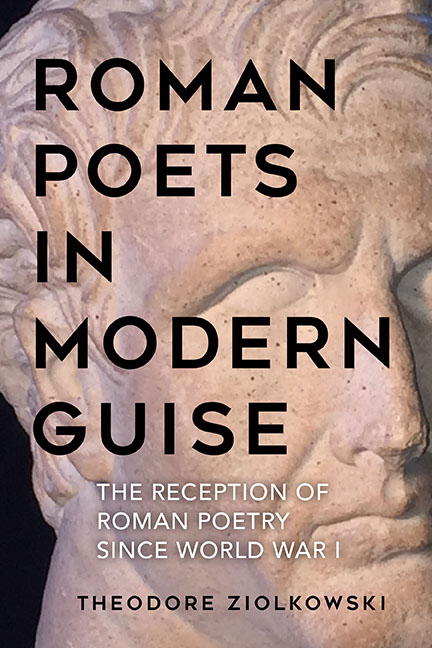4 - Catullus: Poet or Lover?
Published online by Cambridge University Press: 21 October 2020
Summary
The Poets
In his poem “The Scholars” William Butler Yeats wondered what the classicists of his day—“Bald heads, forgetful of their sins, / Old, learned, respectable bald heads”—would say, “Did Catullus walk that way?” In 1919 when Yeats was writing, to be sure, scholars did still have a problem with Catullus—the same problem that had prompted George Lamb a century earlier to omit more than twenty poems from his two-volume Poems of Caius Valerius Catullus (1821) and to tone down the indecencies of others. The “sparrow” poems and even the “kiss” verses might be mentioned, but the more scurrilous and sexually explicit ones were omitted from editions, translations, and commentaries. As late as 1961 (and reprinted for the next twenty years) a standard edition for school and university use explained in the preface that “a few poems which do not lend themselves to comment in English have been omitted.”
But times have changed. Scholars today—male and female, bald or not—seem to revel in the bawdiest lines, such as Carmen 16:
Paedicabo ego vos et irrumabo,
Aureli pathice et cinaede Furi…
As Professors Reney Myers and Robert J. Ormsby translated those opening lines in 1970:
I’ll fuck you both right up the ass,
Gay Furius, Aurelius.
Ten years later Professor Emerita Dorothea Wender of Wheaton College aspired to greater physical/linguistic precision:
I’ll bugger you, Aurelius Swishy-tail,
I’ll shove it down your throat, Queen Furius!
And at the turn of the millennium David Mulroy was not to be outdone, even achieving a clever rhyme for the Wisconsin Studies in Classics series:
I’m going to rape you, front and back,
you queer and you nymphomaniac.
T. P. Wiseman's concern—that the present danger is “a too self-consciously permissive obscenity”—does not seem misplaced.
The commentaries have not lagged behind the translations. In a series designed for a general audience with little or no Latin, Charles Martin explains the two lines with an explicit matter-of-factness:
This is certainly an unusual way to begin a poem. The poet is threatening two characters named Furius and Aurelius with a different kind of homosexual rape for each of them according to preference.
- Type
- Chapter
- Information
- Roman Poets in Modern GuiseThe Reception of Roman Poetry since World War I, pp. 99 - 132Publisher: Boydell & BrewerPrint publication year: 2020



